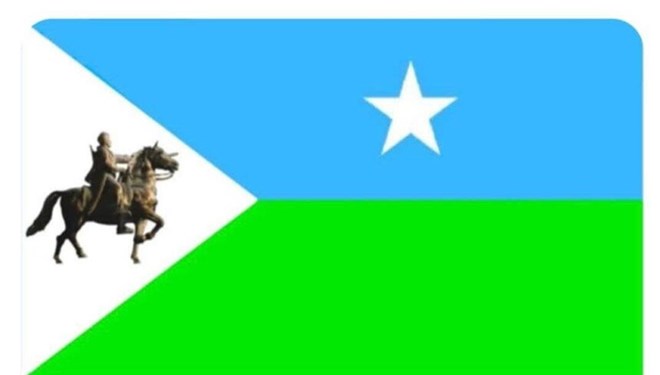
Monday August 4, 2025

Mogadishu (HOL) — Somalia’s federal government has appointed a seven-member committee to verify and endorse nominees for the Regional Assembly of the Northeastern State, a move officials say is essential to advancing Somalia’s federalization and reconciliation efforts.
The appointment, formalized in a ministerial decree issued August 3 by Minister of Interior, Federal Affairs and Reconciliation Ali Yusuf Ali Hosh, directs the committee to ensure that all nominated assembly members meet the legal, procedural, and community standards required for regional lawmakers.
“This is a vital step toward ensuring that governance at the regional level is representative, lawful, and capable of contributing effectively to Somalia’s federal framework,” Hosh said in the statement.
The committee members are:
- Abdinasir Ahmed Qaybdid, Chairperson
- Abdirizak Farah Warsame, Deputy Chairperson
- Abdulqadir Ibrahim Issa, Secretary
- Ismail Sheikh Salah Ahmed, Member
- Mahdi Said Hassan, Member
- Sugule Abdi Hasbade, Member
- Abdirahman Ahmed Haji Diriye, Member
The directive cites Article 99 of Somalia’s Provisional Constitution as the legal foundation for the appointment. The article empowers the Council of Ministers and relevant ministries to implement national policy, including the formation of federal institutions and the advancement of reconciliation efforts.
The vetting initiative comes on the heels of efforts to formalize the Northeastern State’s political and administrative structures.
The federal government stressed that the vetting process will be impartial and transparent, with regional stakeholders, community elders, and international observers participating in the monitoring proceedings. However, the appointment has sparked immediate backlash from presidential candidates contesting the upcoming Northeastern State election. In a joint statement issued Sunday, the candidates rejected the committee’s legitimacy, accusing the federal government, specifically Minister Hosh, of interfering in the regional electoral process by supporting a favoured faction.
They warned that proceeding with an electoral process lacking consensus could deepen social divisions, undermine credibility, and derail hopes for an inclusive administration.
The committee is expected to begin work immediately, with a mandate to verify procedural compliance, mediate local disputes through dialogue, and ensure inclusive representation. According to the directive, regional elders, civil society groups, and international observers will be involved in monitoring the process to safeguard transparency and neutrality.